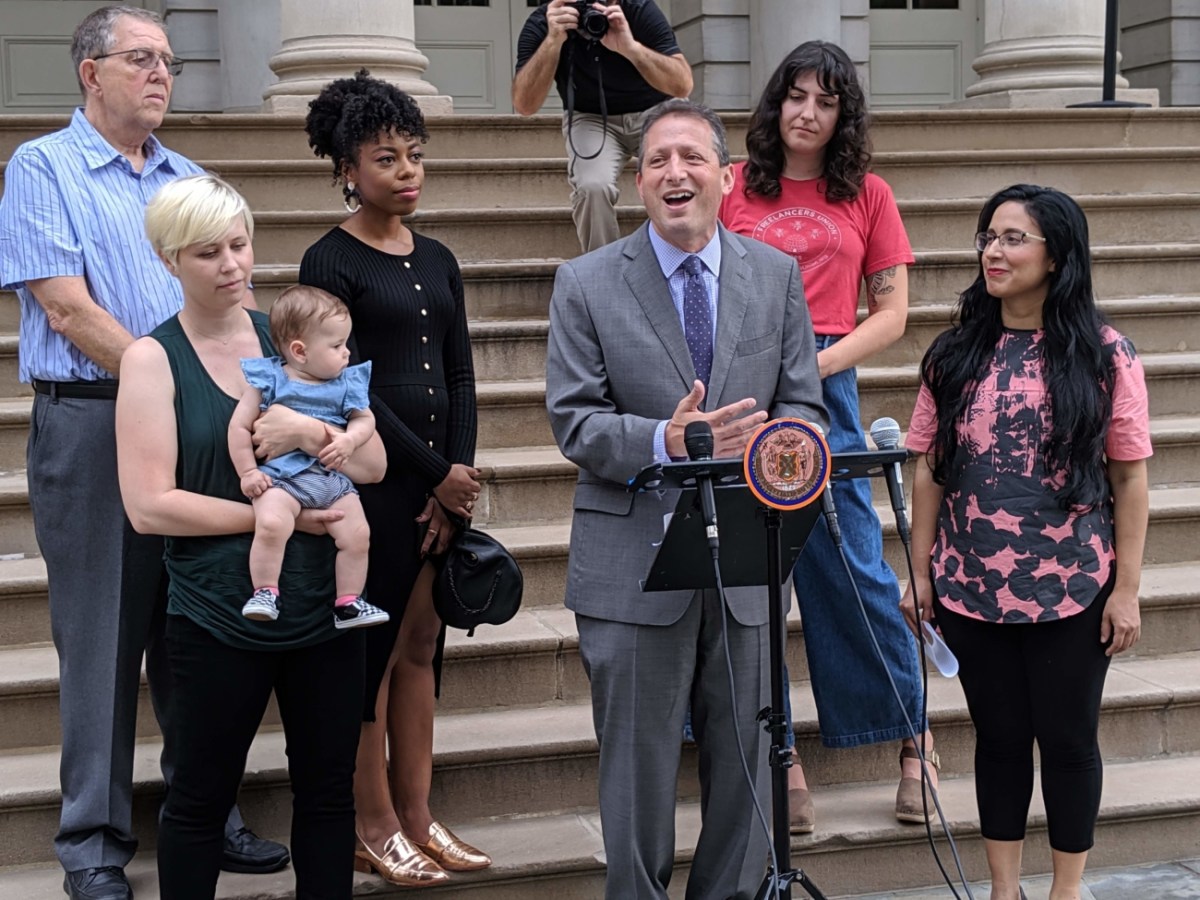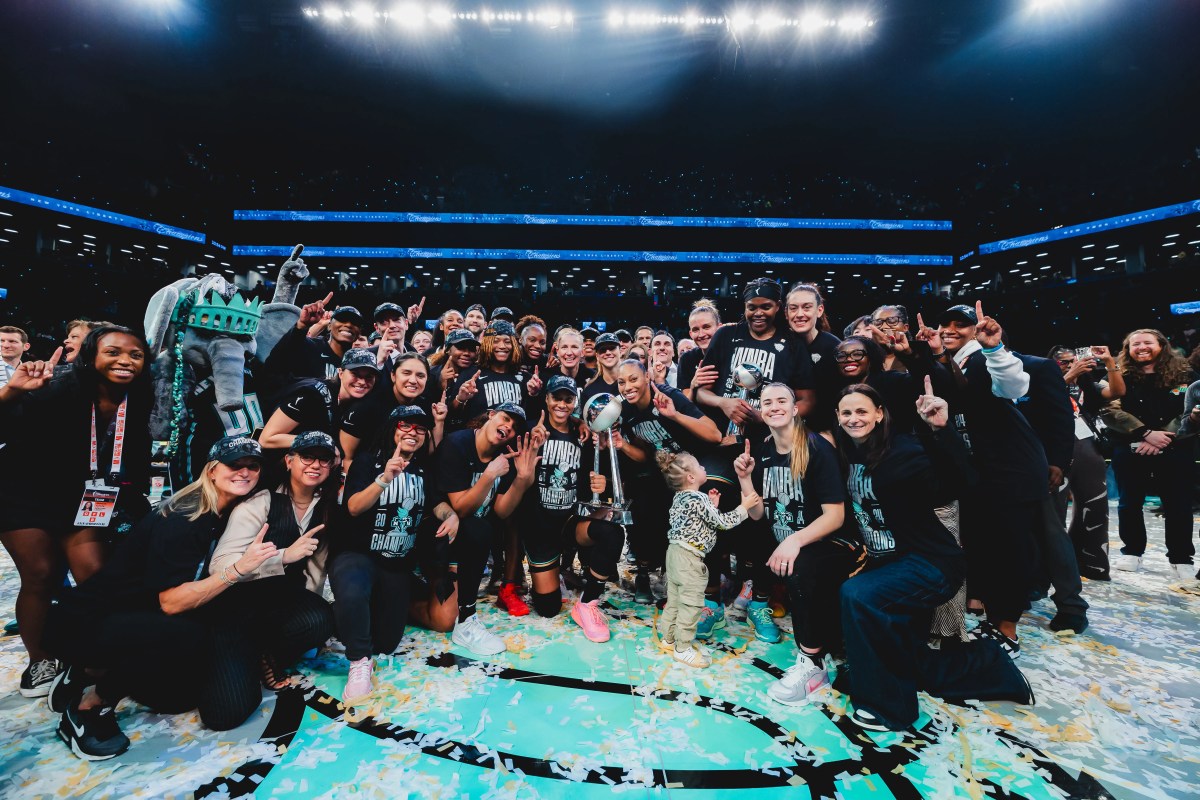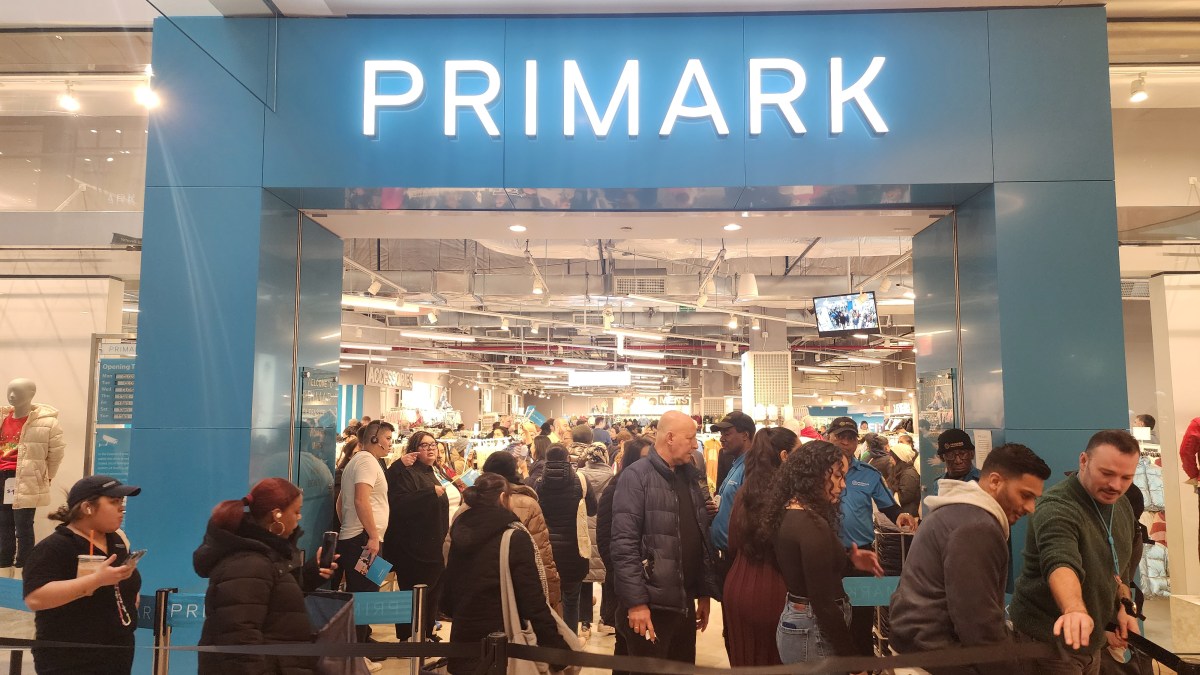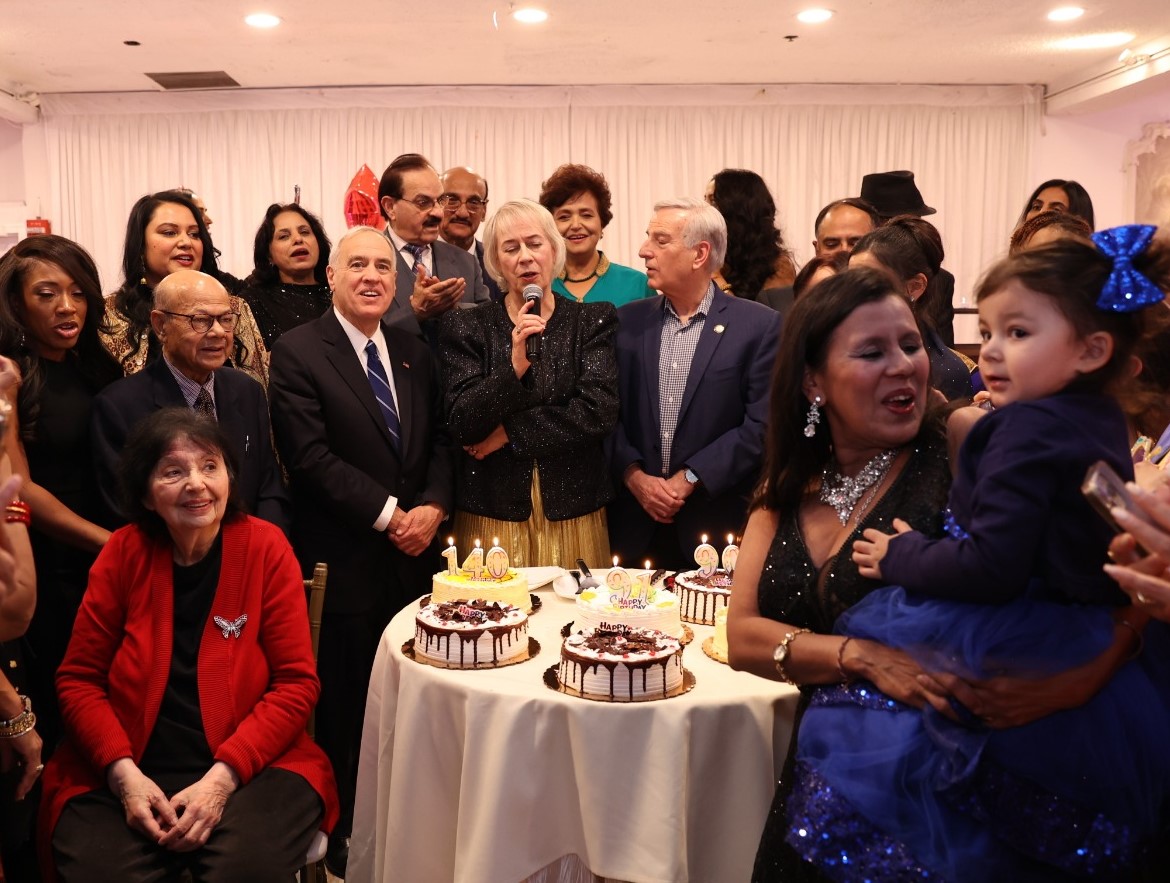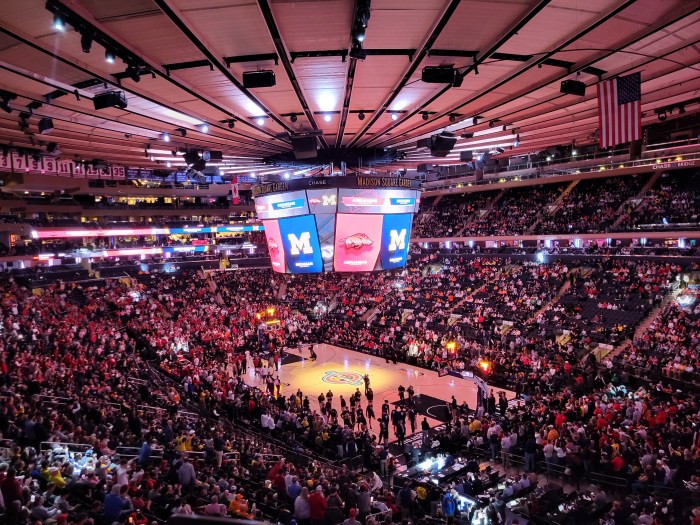A new city law that went into effect on Monday gives new protection to freelancers from harassment and discrimination in the workplace.
Local Law 172 passed the City Council in September and amends the city’s Human Rights Law, giving freelancers and independent contractors the same rights as traditional employees. These workers are now empowered to file claims with the NYC Human Rights Commission on matters related to discrimination based on identity, including gender, race, religion, sexual orientation and immigration status.
Council Member Brad Lander, the bill’s lead sponsor, said the legislation is part of an ongoing movement with the Freelancers Union to grant greater protection and guarantee rights for all workers.
“Freelancers’ rights are human rights,” Lander said on Jan. 13. “But up until now, freelancers have been unfairly cut out of fundamental workplace protections. Today, we are celebrating Local Law 172, which extends to freelancers the right to be free from harassment and discrimination in their work, and the protection of the NYC Human Rights Law to hold employers accountable.”
Caitlin Pearce, executive director of the Freelancers Union, noted that freelancers comprise one-third of the city’s workforce, or 1.3 million people.
“Unfortunately, too many must go to work feeling unsafe and have no place where they can safely report violations,” Pearce said. “Research by Freelancers Union has found that nearly 75% of incidents of harassment or discrimination against freelance workers go unreported.”
Passage of this bill follows other recent NYC laws aimed at giving protections for workers in the “gig economy.”
In 2018, the City Council passed a bill to set a minimum wage rate for drivers at ride-hailing apps like Uber and Lyft. A year earlier, the Freelance Isn’t Free Act was enacted to ensure full and timely payment of wages for freelancers and independent contractors, along with the right to secure a written contract.
Before the latest law went into effect Monday, workers in the gig economy had been in “ambiguous legal territory,” according to Carmelyn P. Malalis, chair and Commissioner of the NYC Commission on Human Rights.
“In an ever-changing economy increasingly reliant on independent contractors,” said Malalis, “this new provision makes clear that all workers are afforded the same basic protections as full-time employees, including rights to reasonable accommodations and protections from sexual harassment and discrimination.”



